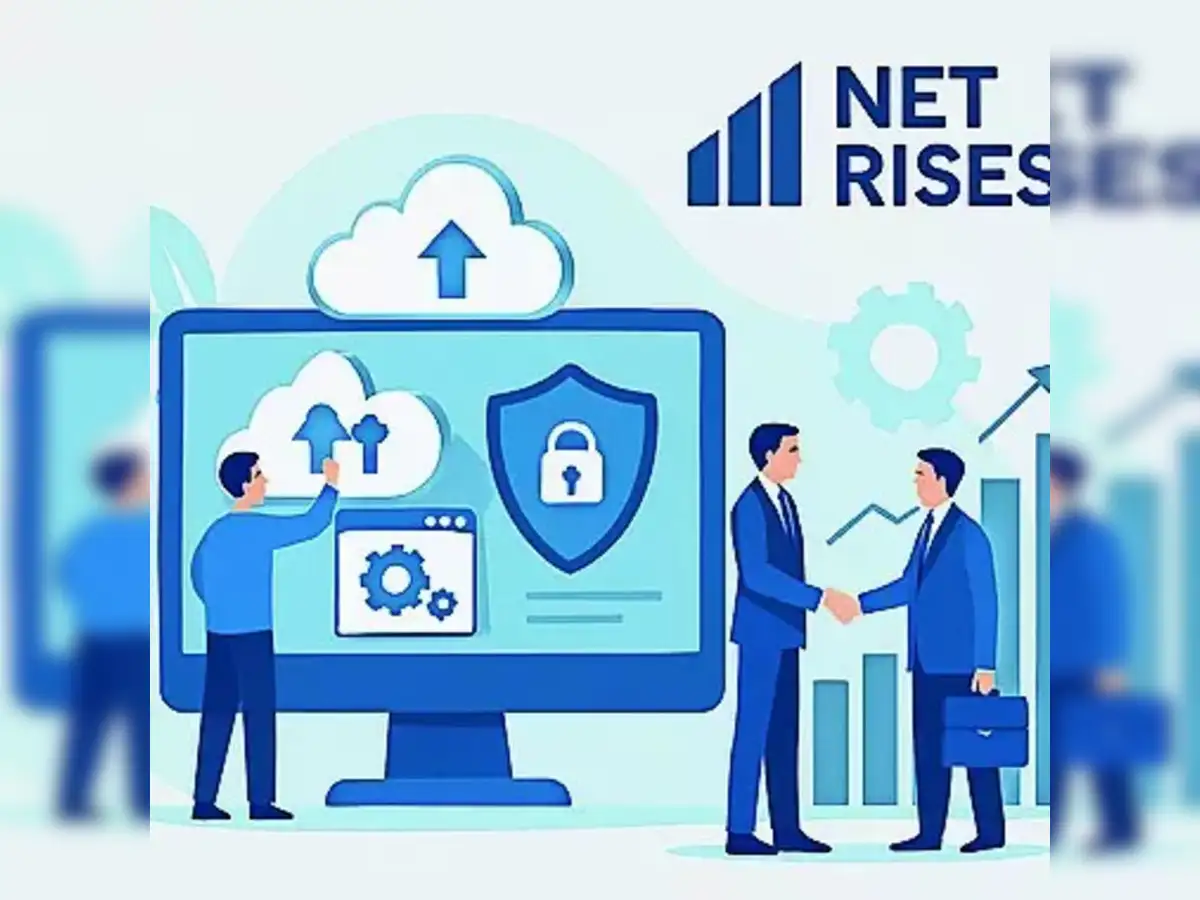Copyright indiatimes

IT solutions provider Mphasis is seeing stable demand despite muted macroeconomic signals, as operational efficiency and cost savings remain at the centre of client priorities, said Nithin Rakesh, chief executive of the company, which reported its second quarter results late on Thursday."The macro environment has fairly remained the same... it hasn't improved but it hasn't deteriorated. But there are nuances... while there is an AI gold rush, most of the AI spend that clients are trying to make is really by freeing up something else," Rakesh told ET in a virtual interview."The number one play with clients is still around efficiency and cost. And bundled with that is the need for digital transformation of business," he added.The Bengaluru-headquartered company reported a 10.8% year-on-year increase in consolidated net profit at Rs 469 crore in the September quarter, up 4.5% sequentially.Its revenue rose by 10.3% year-on-year to Rs 3,901.0 crore, led by growth in banking and financial services and insurance verticals, which grew 13.8% and 31.5% YoY, respectively. "Banking is probably the tip of the spear when it comes to new tech adoption, and the problems are similar across US and Europe, so they remain an opportunity," Rakesh said.The Americas segment grew 2.1% quarter-on-quarter, while the EMEA segment rose by 7.5%. The mid-sized company added new deals worth $528 million in the quarter, down from $760 million in the June quarter, although up from $207 million a year ago.However, with 87% of the new deal wins focused on new-generation digital services, Rakesh noted that this will help drive revenue growth in the second half of the fiscal year. Mphasis does not give any forward guidance, but the company is aiming to grow more than twice the industry rate, Rakesh said.Dented by a deferred tax outgo, its operating margin was flat sequentially, at 15.3%.The company's total headcount stood at 30,809 in Q2 FY26, marginally down from 31,063 in the previous quarter and 31,601 a year ago. While Rakesh noted that headcount growth is necessary to deliver business, it will not necessarily align linearly with revenue growth. "It's not just GenAI, but also machine learning and pattern recognition... if you create the ability to orchestrate solutions that starts predicting tickets before they happen, you can deliver the same or better outcomes with fewer people," he added.



